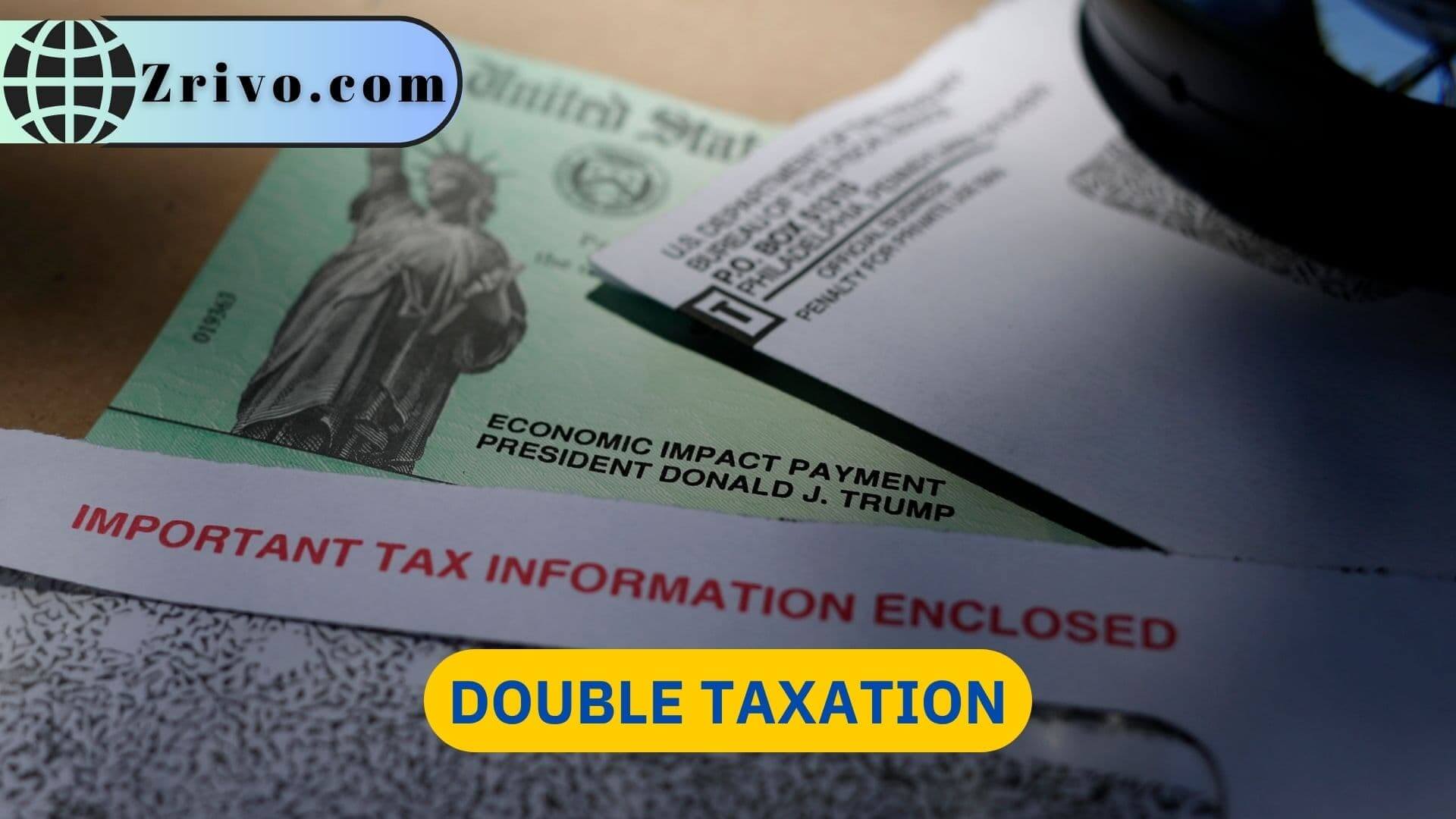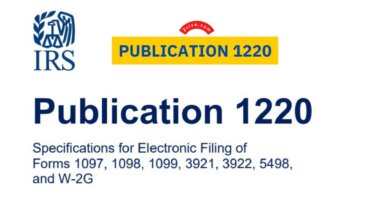Double Taxation
Double taxation is a term used to describe a situation where the same income or asset is taxed twice.

Contents
Double Taxation most commonly occurs when a company pays corporate income tax on its profits. Then the shareholders are also taxed on the dividends they receive from those profits. This can also occur in international trade when a company is taxed in both the country where it is headquartered and the country where it does business. Double taxation occurs when a company or individual is taxed twice on the same income or asset. In the context of corporations, this typically occurs when a company pays corporate income tax on its profits, and then the shareholders are also taxed on the dividends they receive from those profits.
In other words, the same money is being taxed twice. Double taxation can also occur in international trade when a company is taxed in both the country where it is headquartered and the country where it does business. This can create a significant financial burden for businesses and can discourage foreign investment and trade.

How to Avoid Double Taxation?
There are several strategies that can be used to avoid double taxation. Here are some of the most common ones:
- Take advantage of tax treaties: Many countries have tax treaties that aim to prevent double taxation. These treaties typically set out rules for taxing income and assets and provide mechanisms for resolving disputes between countries.
- Incorporate in a tax-friendly jurisdiction: Some countries have tax laws that are more favorable to businesses and individuals. By incorporating in one of these jurisdictions, businesses and individuals can reduce their taxes and avoid double taxation.
- Use tax credits: In some cases, individuals and businesses may be able to use tax credits to offset taxes paid in one country against taxes owed in another. For example, if a company pays taxes in the United States and also does business in Canada, it may be able to use a tax credit to offset the taxes paid in Canada against the taxes owed in the United States.
- Plan your investments carefully: It’s important to carefully plan your investments to minimize the risk of double taxation. For example, if you invest in a foreign company, you may want to invest in a tax-friendly jurisdiction or use tax credits to offset taxes paid in other countries.
FAQs:
What is an example of double taxation?
An example of double taxation is when a company pays corporate income tax on its profits, and then the shareholders are also taxed on the dividends they receive from those profits. In this case, the same money is being taxed twice.
How does international double taxation work?
International double taxation occurs when a company is taxed in both the country where it is headquartered and the country where it does business. This can create a significant financial burden for businesses and can discourage foreign investment and trade.
How can I avoid double taxation on my investments?
To avoid double taxation on your investments, it’s important to carefully plan your investments to minimize the risk of double taxation. This may involve investing in tax-friendly jurisdictions, using tax credits to offset taxes paid in other countries, or incorporating in a tax-friendly jurisdiction.
In conclusion, double taxation is a significant issue for businesses and individuals and can create a significant financial burden. However, by carefully planning your investments and taking advantage of tax treaties and other strategies, avoiding or minimizing double taxation is possible. It’s important to consult with a tax professional to develop the best strategy for your situation.





